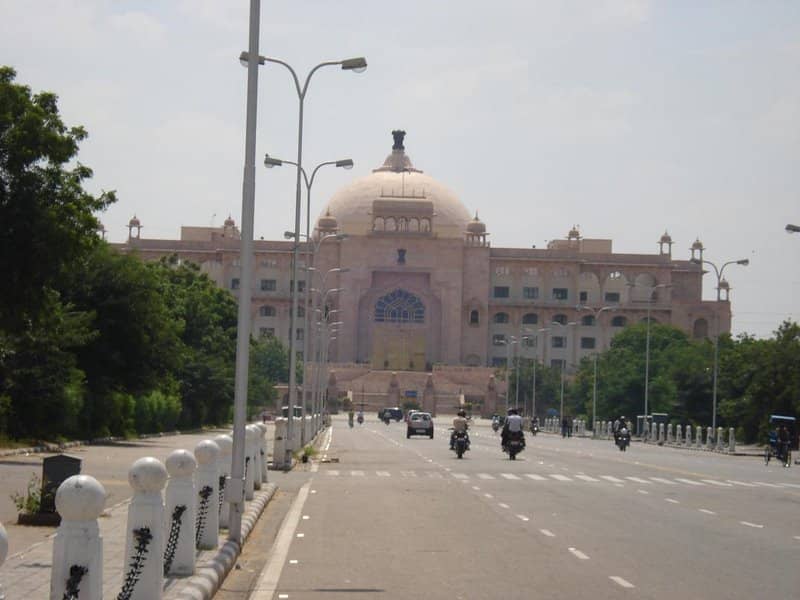MUMBAI, India – In honor of the centenary of the birth of Indian Cardinal Simon Pimenta, the Archdiocese of Bombay will be opening a pastor center in the Raigad deanery, which is home to several Scheduled Tribes, a historically marginalized people.
Cardinal Oswald Gracias of Bombay celebrated a special memorial Mass at St. John the Evangelist Church in Marol on March 1 in honor of his predecessor, who died 2013 at the age of 93. The parish was the home parish of the late cardinal, and was the place where he was buried after his death.
Marol, a suburb of Bombay, was once under Portuguese control and considered a Catholic heart of the city. St. John the Evangelist parish was founded in 1579.
Pimenta served as Archbishop of Bombay from 1978-1996 and was created a cardinal in 1988 by St. John Paul II.
“I wanted to give Cardinal Pimenta a fitting memorial to mark his birth centenary,” Gracias told Crux.
“I worked very closely with Pimenta, and was his close advisor, and we have to honor Pimenta’s pioneering initiative in Raighad. When Pimenta was appointed Archbishop of Bombay, the Catholic Church had no presence in Raighad,” the cardinal said.
Raighad district is south of Mumbai in the state of Maharashtra, and has a population of 2.6 million.
About 11.58 percent of Raighad’s population belong to scheduled tribes, the majority being Katkari.
India’s scheduled tribes, often called Tribals, are indigenous peoples who have been historically discriminated against on the Indian subcontinent.
Pimenta surveyed the district and appointed a Jesuit priest to establish a mission for the Tribal population in Riaghad. Now the mission is a full deanery of the archdiocese and has six parishes.
“This was the key reason why I decided that we should honor the memory of Cardinal Pimenta by setting up a Pastoral Centre in that mission area. It was Cardinal Pimenta’s biggest long-term initiative for the Archdiocese of Bombay,” Gracias said.
Gracias visited the Raigad mission Jan. 2-4 for his first extended trip to the area.
“Even though I have been to the Raigad mission many, many times, this was the first concentrated contact with everyone in this Tribal mission area, which is geographically, economically and socially the peripheries of the Archdiocese of Bombay,” the cardinal said.
“During my pastoral visit to the Raigad Deanery, I met with Tribals and migrants, villagers, engaged with the youth and the elderly and families, and met with clergy, religious and laity about the educational and health care and development and uplift of the Tribal and migrant people of the Raigad Deanery,” he continued.
Gracias told Crux he is in the process of evaluating the 10-year perspective plan for the mission and has commissioned a group to study the issue.
“At my visit to Raigad at the beginning of January, I went all around, visited every center, and realized that we need to have a clear focus, a clear objective of our presence there,” the cardinal explained. “Our religious personnel should work towards the objective. In the Raigad mission, people are poor, economically backward, and not all are Christians, and through this Pastoral Center we will continue to strengthen and encourage them.”
Gracias added that Catholic Church personnel have a vital presence, and work in this area with outreach programs and inter-religious dialogue. He said the Church is involved in the New Evangelization through “proclaiming the Gospel message by their very own lives along with the other Christian denominations and among people of other faiths.”
Crux is dedicated to smart, wired and independent reporting on the Vatican and worldwide Catholic Church. That kind of reporting doesn’t come cheap, and we need your support. You can help Crux by giving a small amount monthly, or with a onetime gift. Please remember, Crux is a for-profit organization, so contributions are not tax-deductible.

















